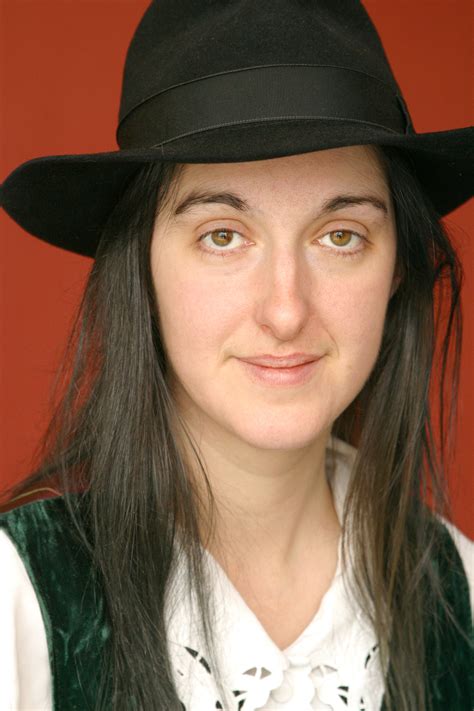A Quote by Edward Bulwer-Lytton, 1st Baron Lytton
It is the glorious doom of literature that the evil perishes and the good remains. Even when the original author of some healthy and useful truth is forgotten, the truth survives, transplanted to works more calculated to purify it from error, and perpetuate it to our benefit.
Related Quotes
The peculiar evil of silencing the expression of an opinion is, that it is robbing the human race; posterity as well as the existing generation; those who dissent from the opinion, still more than those who hold it. If the opinion is right, they are deprived of the opportunity of exchanging error for truth: if wrong, they lose, what is almost as great a benefit, the clearer perception and livelier impression of truth, produced by its collision with error.
'In his celebrated book, 'On Liberty', the English philosopher John Stuart Mill argued that silencing an opinion is "a peculiar evil." If the opinion is right, we are robbed of the "opportunity of exchanging error for truth"; and if it's wrong, we are deprived of a deeper understanding of the truth in its "collision with error." If we know only our own side of the argument, we hardly know even that: it becomes stale, soon learned by rote, untested, a pallid and lifeless truth.'
Error is a supposition that pleasure and pain, that intelligence, substance, life, are existent in matter. Error is neither Mind nor one of Mind's faculties. Error is the contradiction of Truth. Error is a belief without understanding. Error is unreal because untrue. It is that which stemma to be and is not. If error were true, its truth would be error, and we should have a self-evident absurdity -namely, erroneous truth. Thus we should continue to lose the standard of Truth.
It is too often believed that a person in his progress towards perfection passes from error to truth; that when he passes on from one thought to another, he must necessarily reject the first. But no error can lead to truth. The soul passing through its different stages goes from truth to truth, and each stage is true; it goes from lower truth to higher truth.
My feelings are not God. God is God. My feelings do not define truth. God’s word defines truth. My feelings are echoes and responses to what my mind perceives. And sometimes - many times - my feelings are out of sync with the truth. When that happens - and it happens every day in some measure - I try not to bend the truth to justify my imperfect feelings, but rather, I plead with God: Purify my perceptions of your truth and transform my feelings so that they are in sync with the truth.
an Autobiography is the truest of all books; for while it inevitably consists mainly of extinctions of the truth, shirkings of the truth, partial revealments of the truth, with hardly an instance of plain straight truth, the remorseless truth is there, between the lines, where the author-cat is raking dust upon it which hides from the disinterested spectator neither it nor its smell... the result being that the reader knows the author in spite of his wily diligences.
Truth is dangerous. It topples palaces and kills kings. It stirs gentle men to rage and bids them take up arms. It wakes old grievances and opens forgotten wounds. It is the mother of the sleepless night and the hag-ridden day. And yet there is one thing that is more dangerous than Truth. Those who would silence Truth’s voice are more destructive by far. It is most perilous to be a speaker of Truth. Sometimes one must choose to be silent, or be silenced. But if a truth cannot be spoken, it must at least be known. Even if you dare not speak truth to others, never lie to yourself.


































